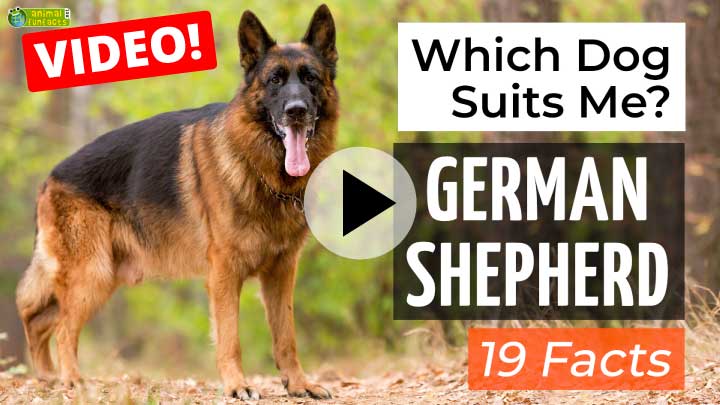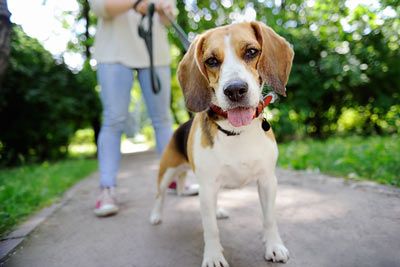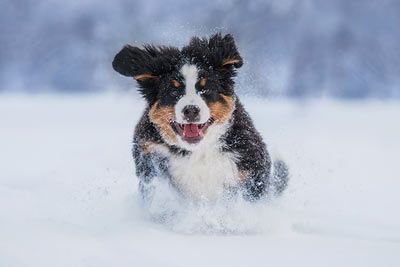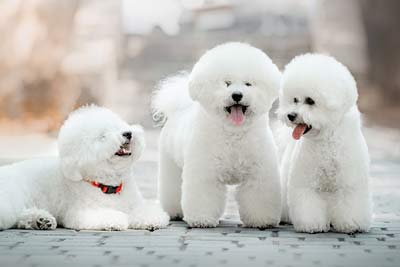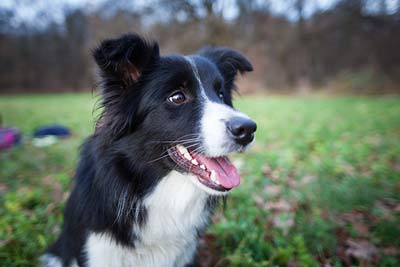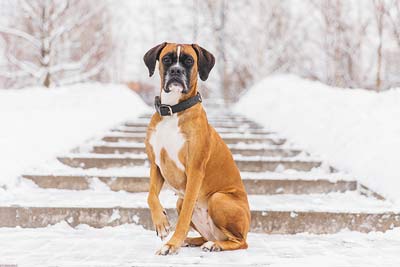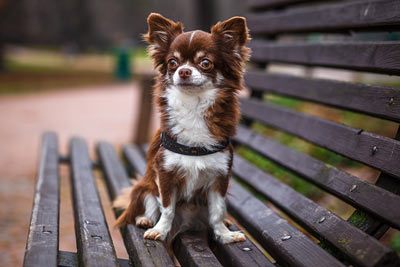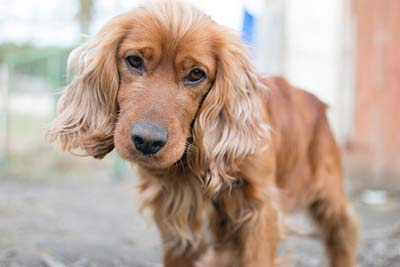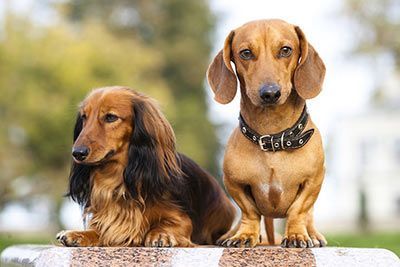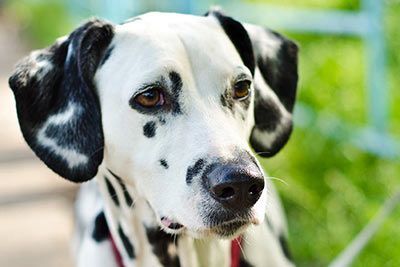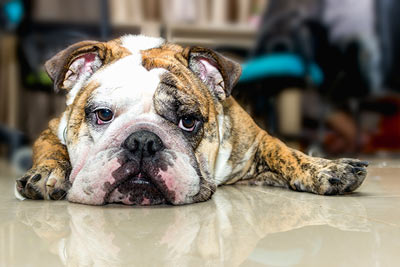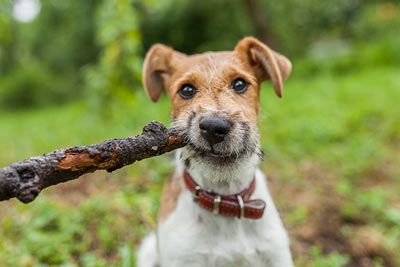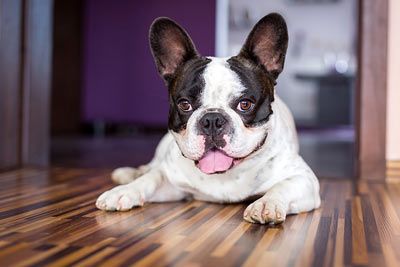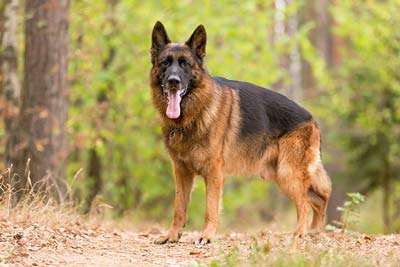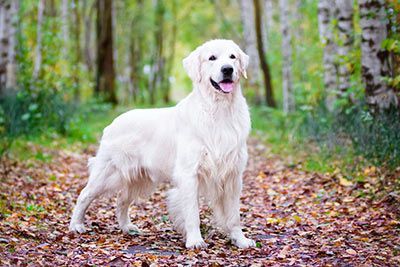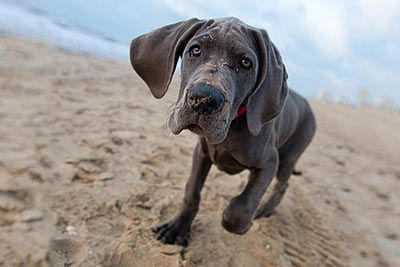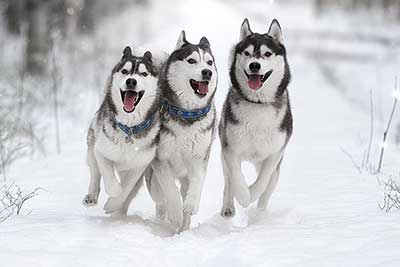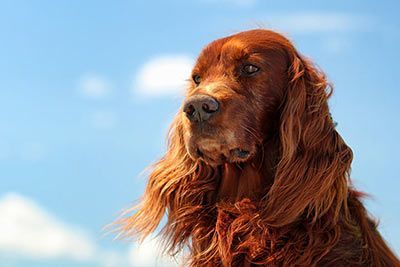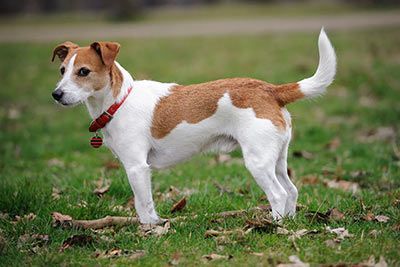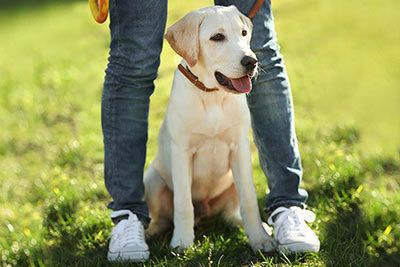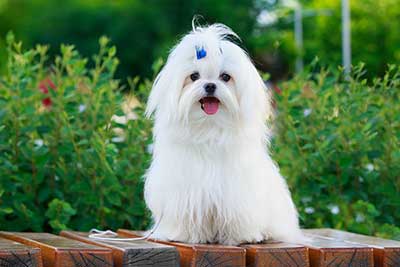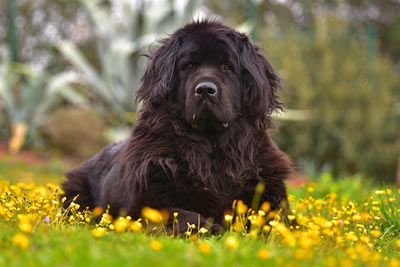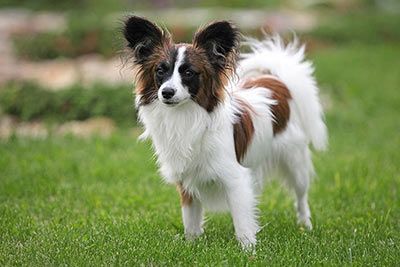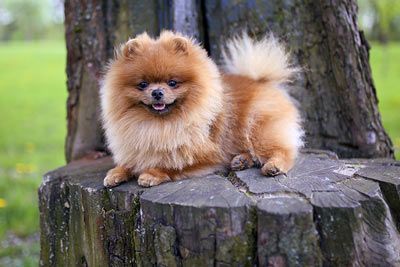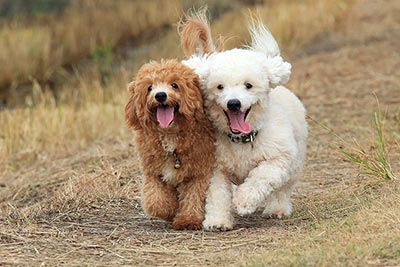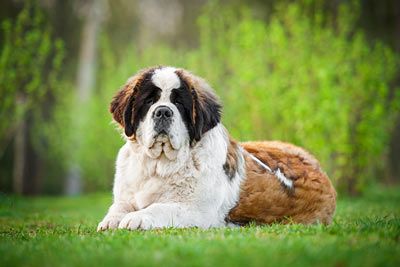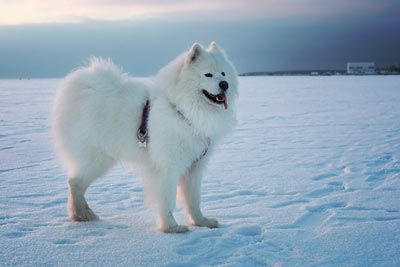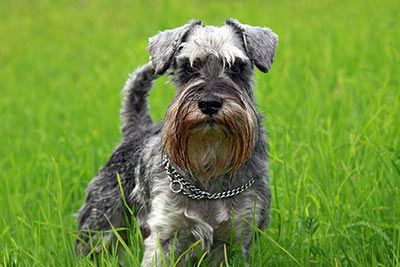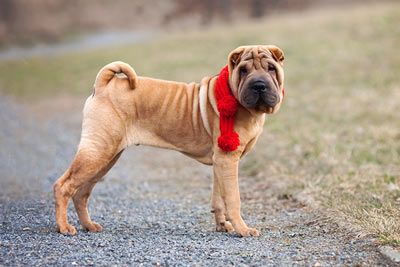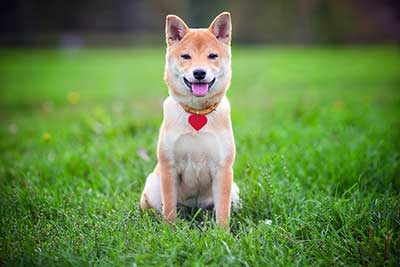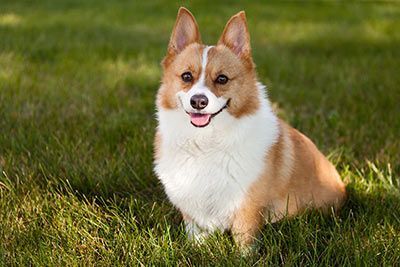German Shepherd Dog
German Shepherd Dog Breed Information
| Size | 22-26 inches (55-65 cm) |
| Weight | 48-88 lbs (22-40 kg) |
| Origin | Germany |
| Color | Black, yellow, gray; multi-colored |
| Lifespan | 10-12 years |
| Suitable As | Family dog, guide dog and guard dog |
| Personality | Loyal, adaptable, protective, slightly wary |
| Exercise | |
| Drooling | |
| Shedding | |
| Grooming |
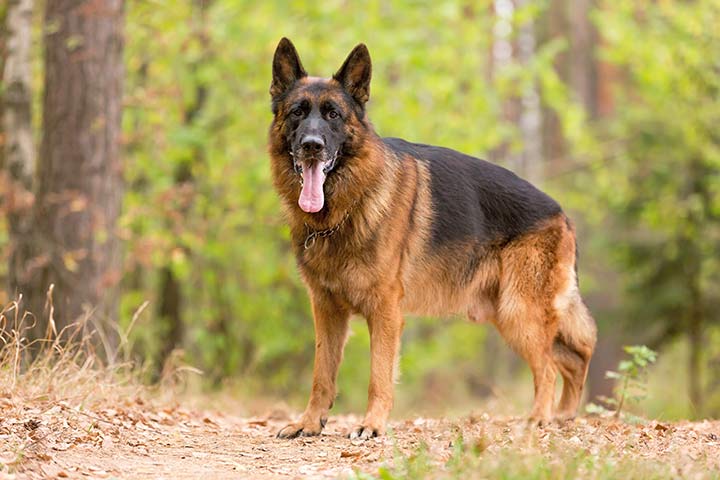
Breed Characteristics
German Shepherds are extremely adaptable, super athletic and loves challenging tasks. It can be well trained to help people e.g. disabled people or people in need (like avalanche victims). One thing’s for sure: they definitely need a task, a mission, a job.
In the US, the German Shepherd is the fourth most popular dog in 2022 - according to the American Kennel Club (largest pedigree dog breeders' association in the USA). It comes in third place directly behind the Golden Retriever. In 2019 ist was even more popular than the Golden Retriever and the French Bulldog. There is one thing you definitely have to know: It sheds all year round. And it destroys things when bored.
Discipline and Training
The German Shepherd is exceptionally smart. They're considered the third smartest dog breed, right behind the Border Collie and the Poodle. It’s not hard to train this dog and teach it commands. It very quickly understands what you want from it, and can put this knowledge to use after just a few repetitions.
Still: training is not something that you have to “get out of the way” when your dog is a puppy so you can sit back and relax. As German Shepherds tend to have a very strong protective instinct, owners must constantly make sure that these dogs don’t overstep the line. You have to regularly practice to make sure they don’t put a paw wrong.
Top Activities
Obedience, Agility
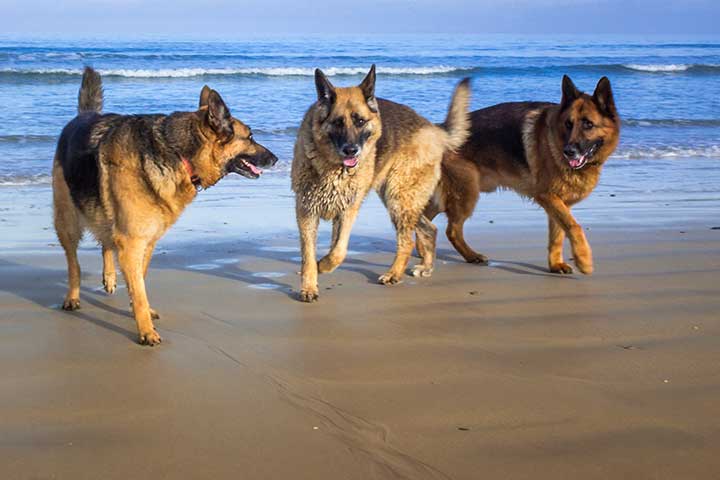
Pros and Cons
Pros
- Easy to train
- Loves mental challenges
- Likes agility and obedience
- Very intelligent
- Good guard dog
Cons
- Not a “beginner” dog
- Needs lots of exercise
- Needs good socialization as a puppy!
- Needs a lot of space
- Sheds a lot
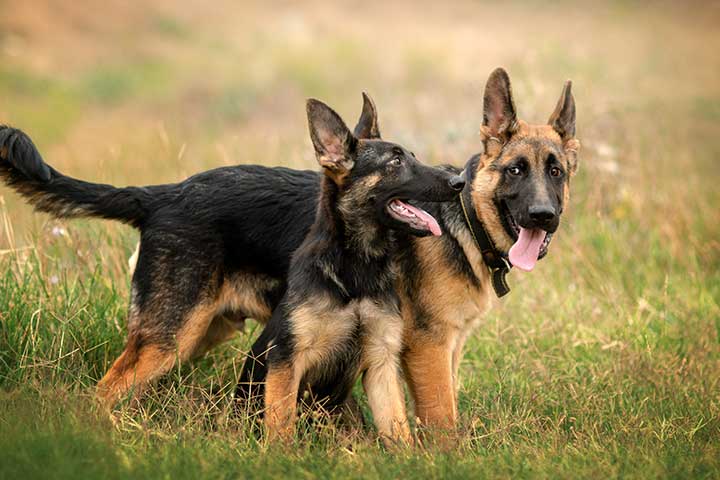
Socialization
Although the German Shepherd is considered to be very loyal and very reliable, it is suspicious of strangers and other dogs. You have to make sure that this won't be a problem. From all the dog breeds presented here the German Shepherd must be socialized the most.
What does "socializing" mean? Is is essential that dogs (in this case Shepherds) are exposed to other puppies and strangers regularly at an early age. This is how they learn not to develop fear and aggression towards other beings. These experiences can not be made up in adulthood - no matter how much love and good training it gets.
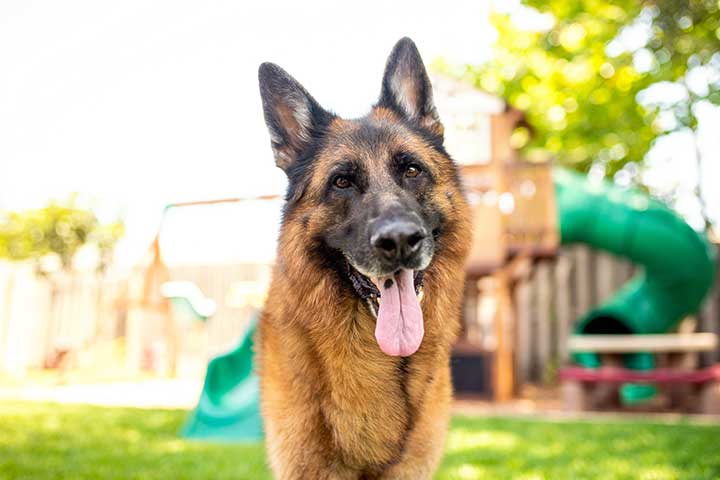
Appearance
The German Shepherd is very muscular and athletic. The most common coat colors are black, black and cream, black and red, black and silver, and black and tan.
Health and Care
The shepherd dog sheds a lot, which is why you often have to clean up its hair. Luckily, its grooming is easy. It is best to brush its coat two to three times a week so that at least part of the hair gets stuck in the brush and does not spread in the apartment.
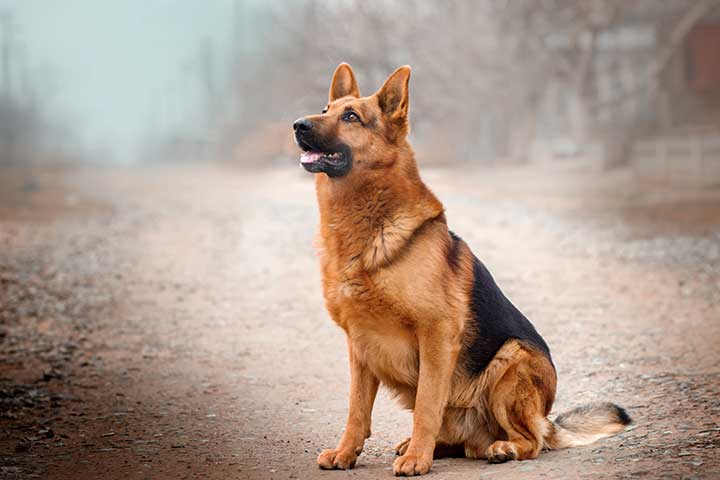
History and Origin
A breed standard for German Shepherds exists since 1891. After the First World War, the dog was renamed because the word "German" was unpopular. It was renamed to Alsatian Wolf Dog and then Alsatian Dog (because it sounded less wild). It was not until 1977 that the German Shepherd Dog got back its name. And where Does the Name Come From? The dog used to be a sheepdog.
Cruel Breeding
The German Shepherd Dog is considered a very robust breed. And yet it is considered as animal cruelty. Why? It was bred to slope backwards. As a result, it often has problems with the hip joints (the technical term is “hip dysplasia”). The joints are under too much strain. As a result, the breed can't move well and is often in pain. Every fifth German Shepherd is affected by this disease.
If you don't want to support the suffering of this breed you should refrain from buying a puppy. Every sold puppy leads to the breeding of new puppies. If you still want a German Shepherd, you could visit an animal shelter. Here, the animals are mostly adults. Possible damage to their hip joints, if any, should already be obvious. You can also choose another, healthy breed instead.
Fun Facts
In the animation adventure "Bolt", Penny's "Super Dog" Bolt is a German Shepherd.
Comparable Breeds
Video: Is a German Shepherd Dog the Right Dog Breed for Me?
(Video opens on YouTube)

